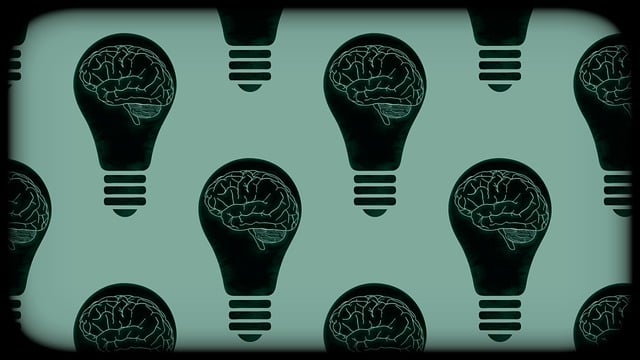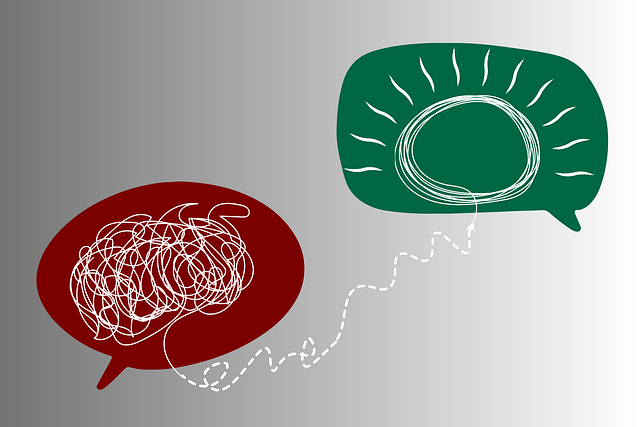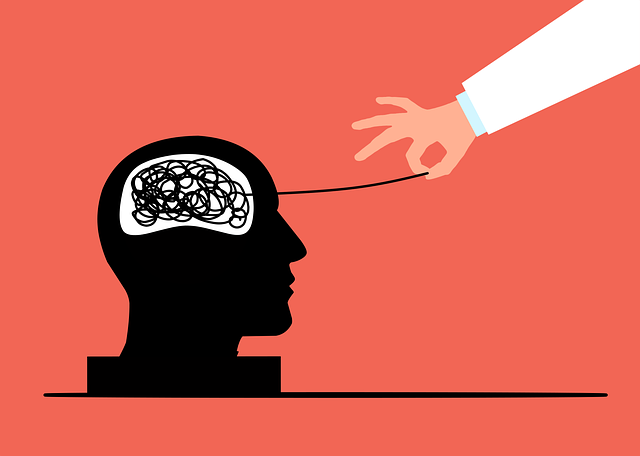Castle Rock Developmental Disability Therapy focuses on Resilience, Flexibility, and Motivation (RFM) to empower individuals with developmental disabilities. Through tailored interventions including resilience-building exercises and mindfulness techniques, they prevent burnout, enhance risk management, and ensure cultural sensitivity in mental healthcare. By integrating RFM strategies, Castle Rock fosters emotional regulation, adaptability, and a positive mindset, leading to improved well-being for clients while aligning with broader Mental Health Policy goals.
“Unleashing resilience is a transformative journey, especially for individuals with developmental disabilities. This article explores the power of RFM (Resource, Strengths, and Motivators) as a framework in Castle Rock developmental disability therapy. We delve into how understanding RFM can enhance therapeutic outcomes. By integrating resilience-building exercises, therapists can empower clients to navigate challenges. The implementation process within Castle Rock’s established framework ensures structured support. Discover effective strategies for RFM integration, showcasing its potential to foster growth and improve lives.”
- Understanding RFM and its Impact on Developmental Disabilities
- The Role of Resilience Building Exercises in Therapy
- Implementing RFM within Castle Rock's Framework
- Strategies for Effective RFM Integration and Client Outcomes
Understanding RFM and its Impact on Developmental Disabilities

Understanding RFM (Resilience, Flexibility, and Motivation) is crucial when implementing exercises aimed at building resilience in individuals with developmental disabilities. This approach recognizes that fostering adaptability and drive are key to enhancing overall well-being. At Castle Rock Developmental Disability Therapy, we emphasize these principles as a means to empower clients and help them navigate life’s challenges more effectively.
By integrating RFM into therapy sessions, mental health professionals can develop tailored interventions. These strategies not only promote burnout prevention but also contribute to robust risk management planning. Additionally, cultural sensitivity plays a vital role in this process, ensuring that exercises are inclusive and respectful of diverse backgrounds. This holistic approach addresses the unique needs of each individual, ultimately leading to improved mental healthcare outcomes.
The Role of Resilience Building Exercises in Therapy

Resilience building exercises play a pivotal role in Castle Rock developmental disability therapy, serving as powerful tools to enhance mental wellness among individuals with diverse challenges. These exercises are meticulously designed to equip participants with coping strategies and adaptive skills, fostering their ability to navigate life’s difficulties with greater ease. Through structured activities that promote emotional regulation, problem-solving, and positive thinking, therapists can help clients build mental resilience—a key aspect of overall well-being.
In the context of Castle Rock’s therapeutic approach, resilience building aligns seamlessly with broader goals of Mental Health Policy Analysis and Advocacy, underscoring the importance of empowering individuals to lead fulfilling lives despite their disabilities. By integrating these exercises into therapy sessions, professionals contribute to a holistic mental wellness strategy, ensuring clients develop not just survival skills but also the fortitude to thrive in various settings.
Implementing RFM within Castle Rock's Framework

Implementing RFM (Resilience, Flexibility, and Mastery) within Castle Rock’s Framework is a strategic approach to enhancing the lives of individuals with developmental disabilities. This method aligns perfectly with the principles offered by Castle Rock Developmental Disability Therapy, focusing on fostering resilience and empowerment. By integrating RFM, the therapy framework provides clients with tools to navigate challenges and promote self-sufficiency. The practice encourages individuals to embrace adaptability, enabling them to manage various life situations with grace under pressure.
Through regular sessions, participants engage in stress management workshops that teach valuable techniques from Mind Over Matter principles. These workshops enhance emotional regulation and build confidence, allowing individuals to confront obstacles head-on. By combining resilience-building exercises with the structured environment of Castle Rock’s Framework, clients develop a sense of mastery over their lives, ultimately leading to improved mental health and well-being.
Strategies for Effective RFM Integration and Client Outcomes

Implementing RFM (Resilience, Flexibility, and Mindfulness) strategies within Castle Rock Developmental Disability Therapy can significantly enhance client outcomes. By integrating these practices into traditional therapy sessions, therapists can empower individuals to develop a stronger sense of resilience, enabling them to navigate life’s challenges more effectively. This approach fosters a positive mindset, encourages adaptability, and promotes overall well-being, ultimately reducing the impact of mental health issues such as depression prevention.
The benefits become evident when clients are equipped with tools to manage stress and regulate emotions. Positive thinking techniques, encouraged by RFM exercises, can transform individuals’ perspectives, leading to improved coping mechanisms. Public awareness campaigns development around these strategies can further benefit the community, as people gain access to valuable resources for building mental fortitude. This holistic integration ensures that Castle Rock Developmental Disability Therapy offers comprehensive support tailored to each client’s unique needs.
Resilience is a powerful tool for individuals with developmental disabilities, and integrating RFM (Strengths, Resources, and Coping Strategies) into therapy can significantly enhance outcomes. As demonstrated in this article, Castle Rock’s framework effectively utilizes RFM principles to empower clients. By focusing on their unique strengths and resources, and teaching them effective coping strategies, therapists can help individuals with developmental disabilities navigate challenges and lead more fulfilling lives. This holistic approach, tailored within the context of Castle Rock Developmental Disability Therapy, shows promising results in building resilience and improving overall well-being.














